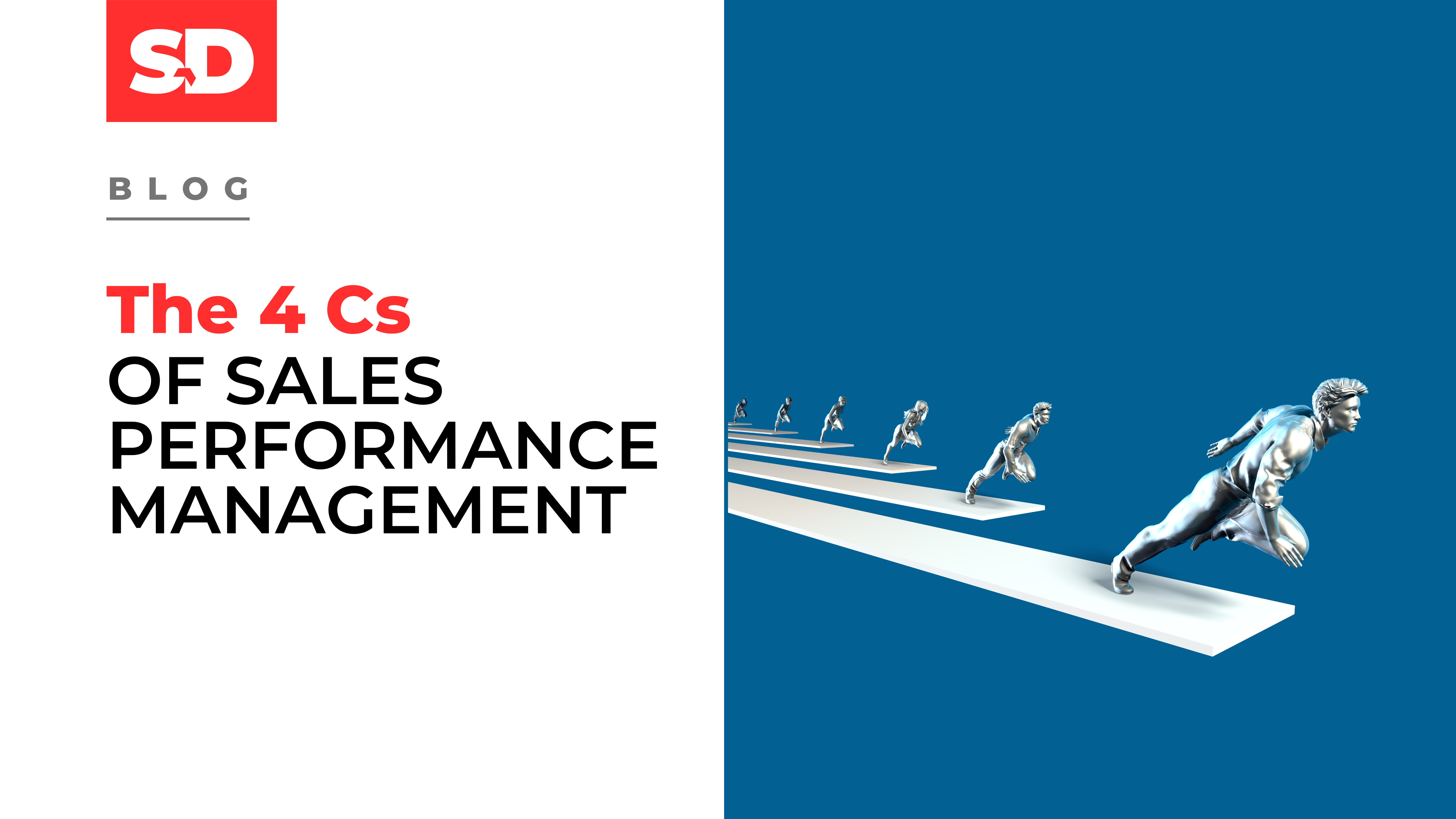Introduction:
Even the smallest change in compensation policy can make a huge impact on your organization’s bottom line. Set commissions too high, and you could be saddled with crippling payouts while commissions that are set too low could impact your ability to influence sales rep behavior and lead to high turnover. Finding the right balance is critical.
The problem is that today’s business environment is constantly changing. You may find the right compensation package for your current needs, but conditions could change in an instant. Fortunately, the right Sales Performance Management (SPM) solution can give you the flexibility to amend compensation packages in real-time to meet dynamic market conditions. This ability to adapt in real time enables business agility in an increasingly competitive business arena, putting you on the path to meeting your goals.
Choosing the right SPM software isn’t easy. Here is what you should look for in a solution:
Collection: Your SPM solution needs to be able to collect data from multiple sources across the organization. This includes basic product and pricing information as well as when contracts are offered, invoiced, booked and paid. Traditionally, SPM solutions have relied on importing spreadsheets, but newer cloud-based solutions automatically collect required information directly from disparate business systems like Customer Relationship Management (CRM) and Configure Price Quote (CPQ) platforms. The key is flexibility and openness. Your SPM solution needs to be able to collect, import and parse relevant data from across the organization and then give administrators the ability to massage the data to fit specific needs.
Classification: SPM solutions then need to be able to take that information and classify sales for compensation purposes. What kind of laptop was sold? What was the processor? Were any services added? How about peripherals like a wireless mouse or monitor? All this needs to be classified accurately, so the appropriate people are paid accordingly. SPM solutions need to be flexible and scalable so that classification categories can be added as
new products, characteristics and compensation plans are created.
Crediting: Compensation plans can be extremely complex. In fact, at some large enterprises it’s common for a single sale to result in dozens of commissions for various stakeholders. Someone could get credit for sales in Texas, another in Dallas and yet another in a specific zip code. Then other people need credit for all laptop sales and another for certain processors. That said, it’s important that the right people get credit for the right reasons, and your SPM solution should be able to handle these complex crediting requirements.
Calculation: Once sales information is collected, sales are classified and everyone is credited, your SPM solution needs to calculate all compensation. The process needs to be transparent so sales reps and managers know how commissions were calculated and how they relate to quotas and sales goals.
Choosing the right SPM solution can be difficult, and it shouldn’t be a hurried process. Make sure you select a solution that is flexible and can be customized to fit your specific needs. Most importantly, however, your solution needs to enable business agility and your ability to adapt to changing market conditions.




